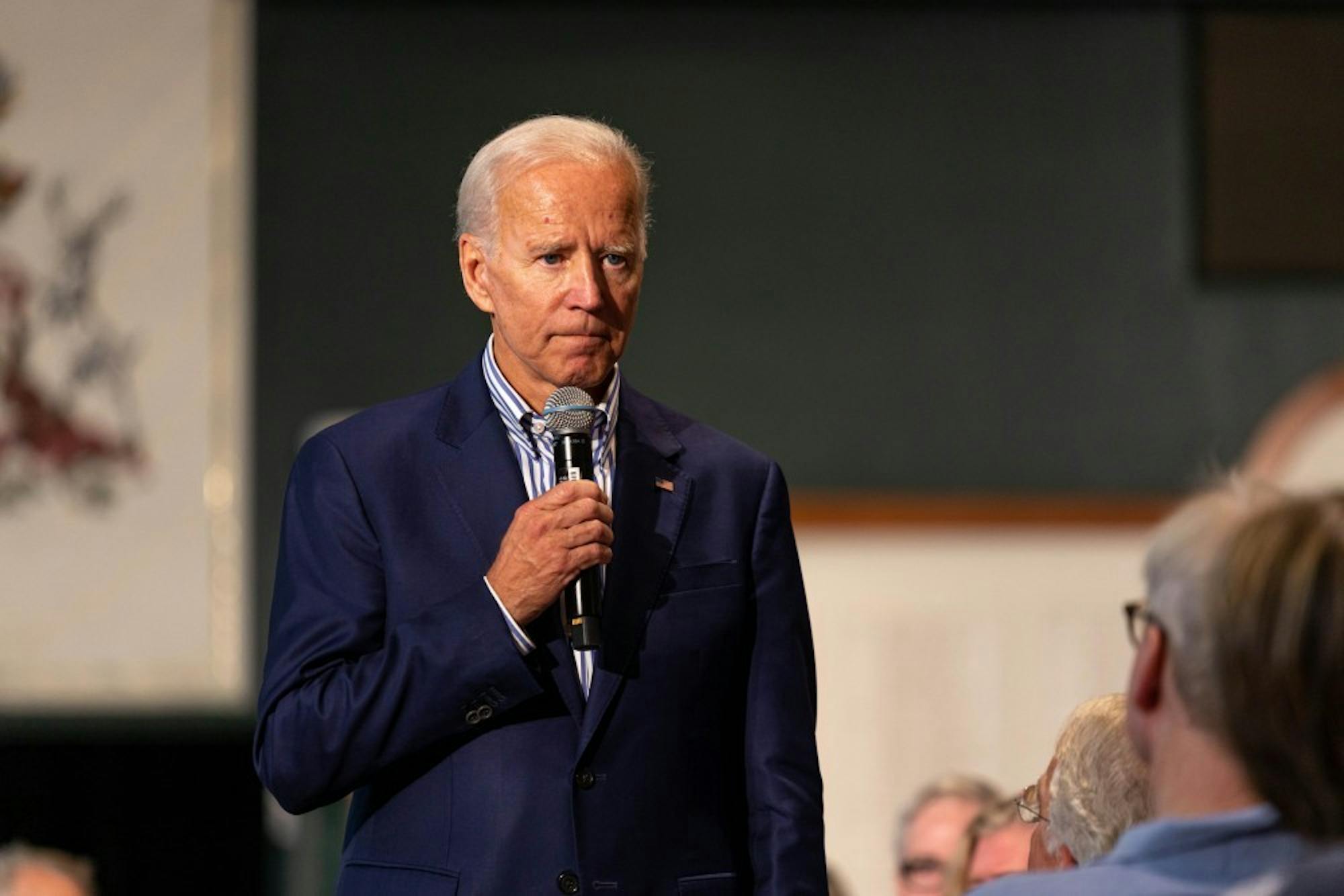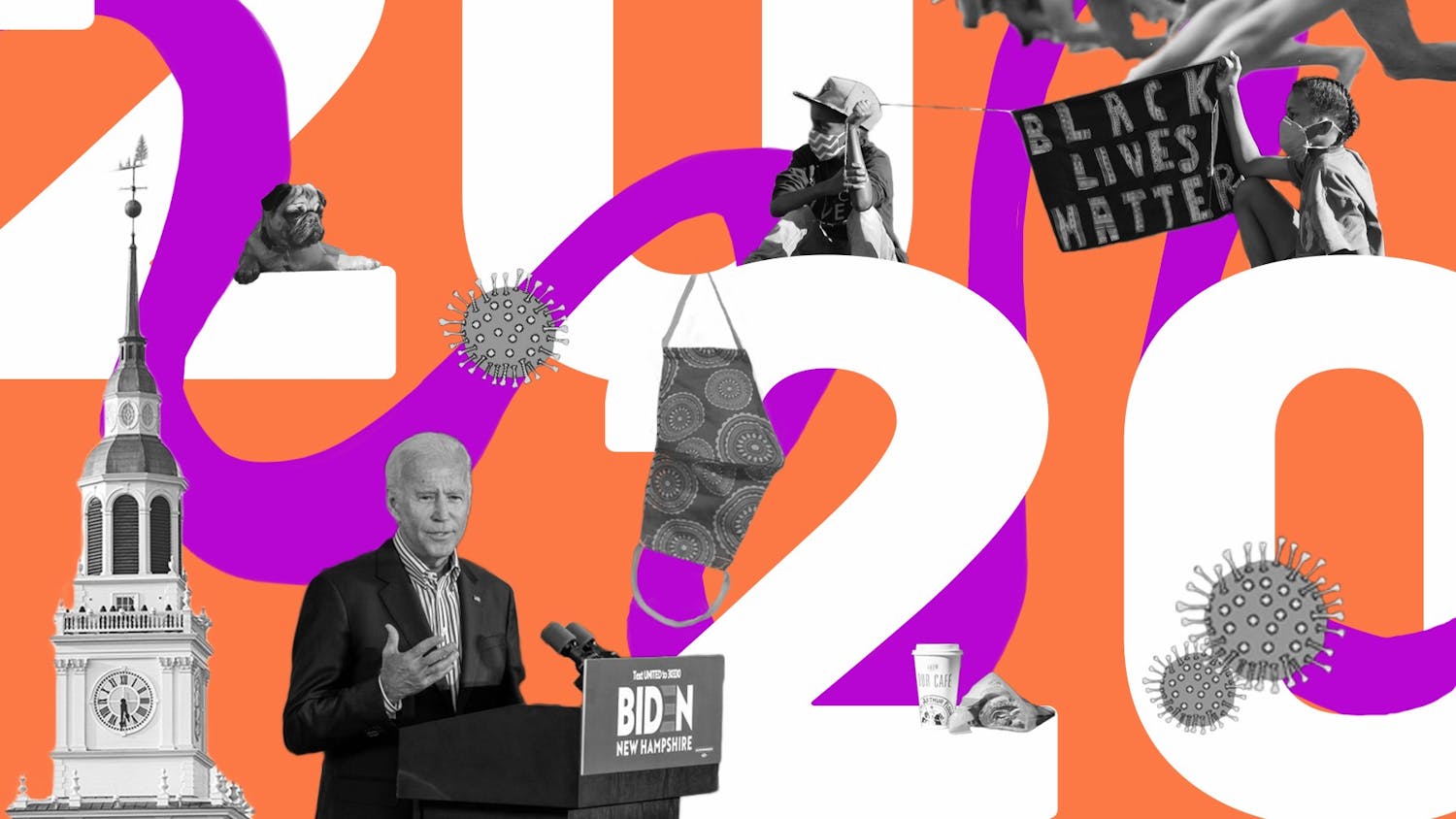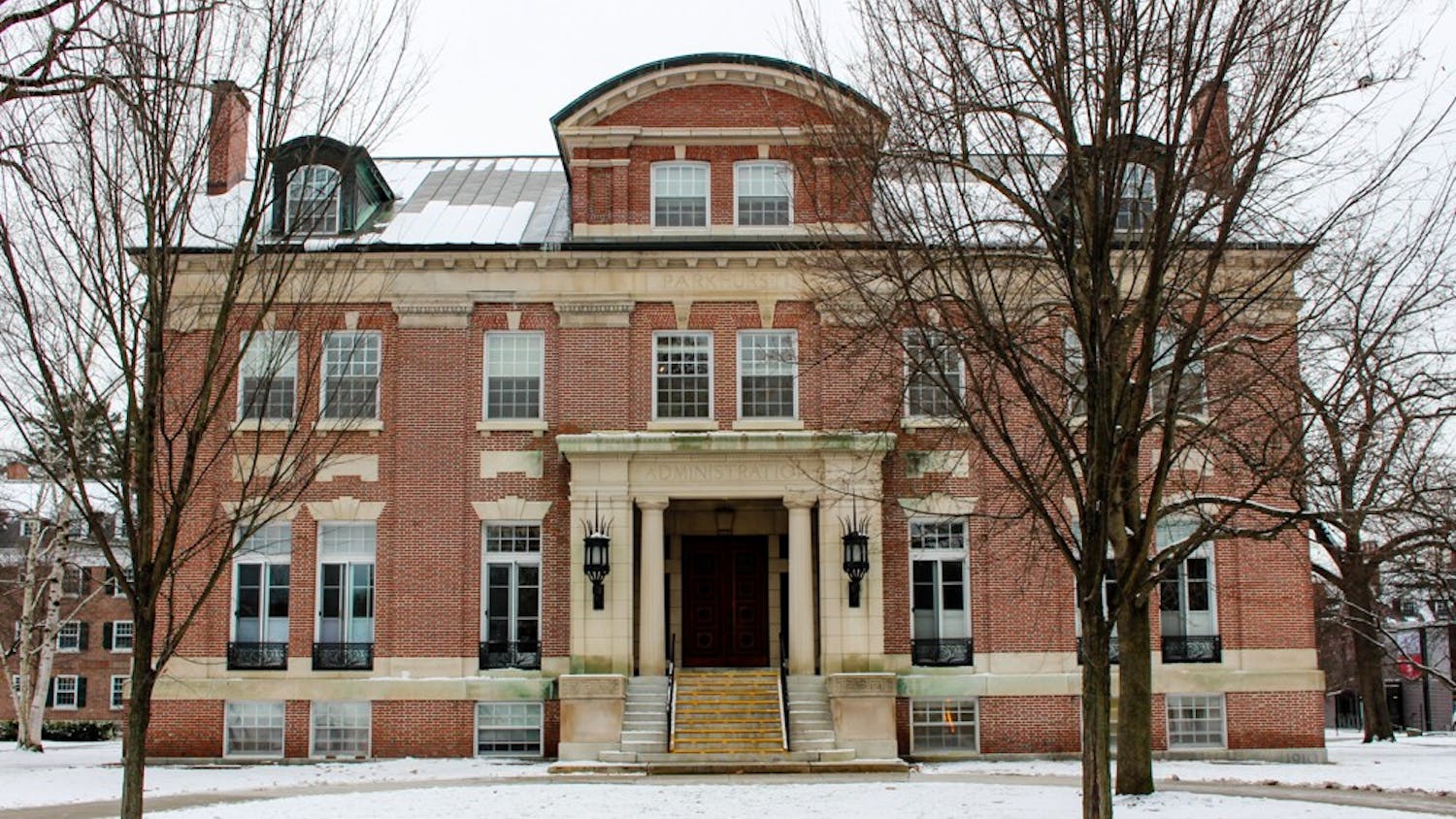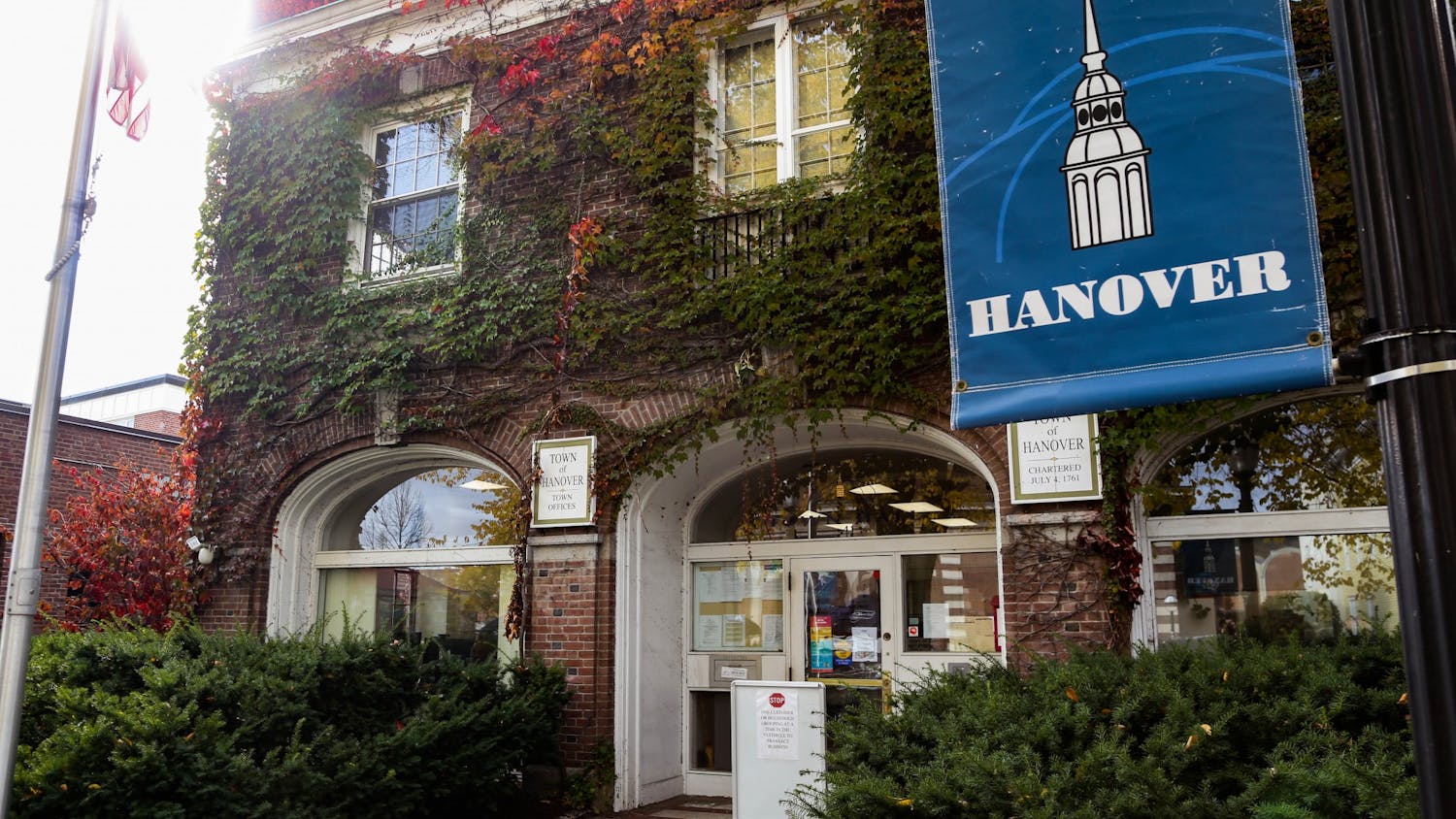On March 11, President Joe Biden signed into law the American Rescue Plan Act of 2021, a $1.9 trillion pandemic relief package that, among other measures, included $1,400 stimulus checks. Since the cash payments began hitting American bank accounts on March 17, some Dartmouth students have received the payments and put the funds toward their expenses.
According to The New York Times, in order to qualify for the full $1,400 in stimulus money, individuals’ adjusted gross income must fall below $75,000, the income of heads of household must be $112,500 or below and the income of married couples filing jointly must be less than $150,000.
The checks in the American Rescue Plan are the third round of direct stimulus payments to households passed since the beginning of the pandemic. The March CARES Act authorized $1,200 checks to most households, and a second bill in December sent a round of $600 checks.
Unlike previous stimulus packages, college students claimed by qualifying taxpayers as dependents are also eligible for this round — however, their payments are received by the parent taxpayer, not the student themselves.
Colin Shaughnessy ’21 said he qualified for the stimulus check as an independent and has received one in every round of cash relief.
“Basically, for this round, I filed my taxes for 2020 about a month ago or so,” Shaughnessy said. “After that went through, I knew I was going to be eligible [for a stimulus check].”
Shaughnessy said that he remembers receiving stimulus money almost immediately after the December stimulus package was signed, but recalled experiencing more of a delay during the third round.
“For this one, since they're processing the tax returns, it took about two weeks or so before it showed up,” Shaughnessy said. “Eventually it said ‘Your payment will be coming in a couple days,’ and then from there on it was pretty painless, [and the stimulus check was] just directly deposited into my bank account.”
Shaughnessy added that as a result of being unable to work on-campus jobs, he has seen his income decline. After receiving the most recent stimulus check, he said that he is looking forward to having some extra money to spend at local restaurants.
“A lot of it’ll go towards eating out around campus this term, stuff like that,” Shaughnessy said. “I don’t know if I’d be able to do [that] without the help. I definitely am going to try to give it back to businesses around Hanover.”
David Kantor ’22 said that he has also received stimulus checks in previous rounds. While he appreciated receiving the stimulus check, he said he wonders if “somebody else who probably needed it more should have gotten more money.”
“I understand that there [are] probably other people who could have used this money for groceries or medical bills right now that may have … [needed the] money more than I did,” Kantor said.
He added that he plans to use part of the check to pay for his off-campus housing this term and the rest of the money to pay for other college and career-related expenses.
Government professor Herschel Nachlis emphasized that while some students will receive stimulus checks, their experiences with the direct cash payments do not reflect the experiences of the country as a whole.
“Not all college students and their families are going to be accessing things like the stimulus checks,” Nachlis said. “Then, at a place like Dartmouth, where the income and wealth distribution of students does not at all look like the country, the experience of the stimulus is not going to be representative of what's happening out there in the country.”
Nachlis said that stimulus checks can be seen as both a “short-term Band-Aid” as well as “a gesture towards medium and long-term solutions to broader problems in the American safety net and the American economy.”
According to Rockefeller Center for Public Policy fellow Anne Sosin, stimulus checks alone will not be sufficient to address the consequences of the pandemic.
“$1,400 is not a huge sum of money,” Sosin said. “It will allow some families to pay bills and to meet some of their basic needs. Others that are higher earners might be able to save it or indulge in something that they've wanted to do. But that alone is not going to be transformative for those who've been most deeply impacted by the pandemic.”
Economics professor Bruce Sacerdote said that while tying payment amounts to measures of economic hardship such as job loss or income would be a better economic approach in theory, it would not have been practical to spend time formulating a more targeted plan.
“By doing it the way they did, they certainly created lots and lots of aggregate demand, lots of consumer spending,” Sacerdote said. “So I don't want to be critical, because I think the important thing was to create demand and to put money in the hands of households.”





